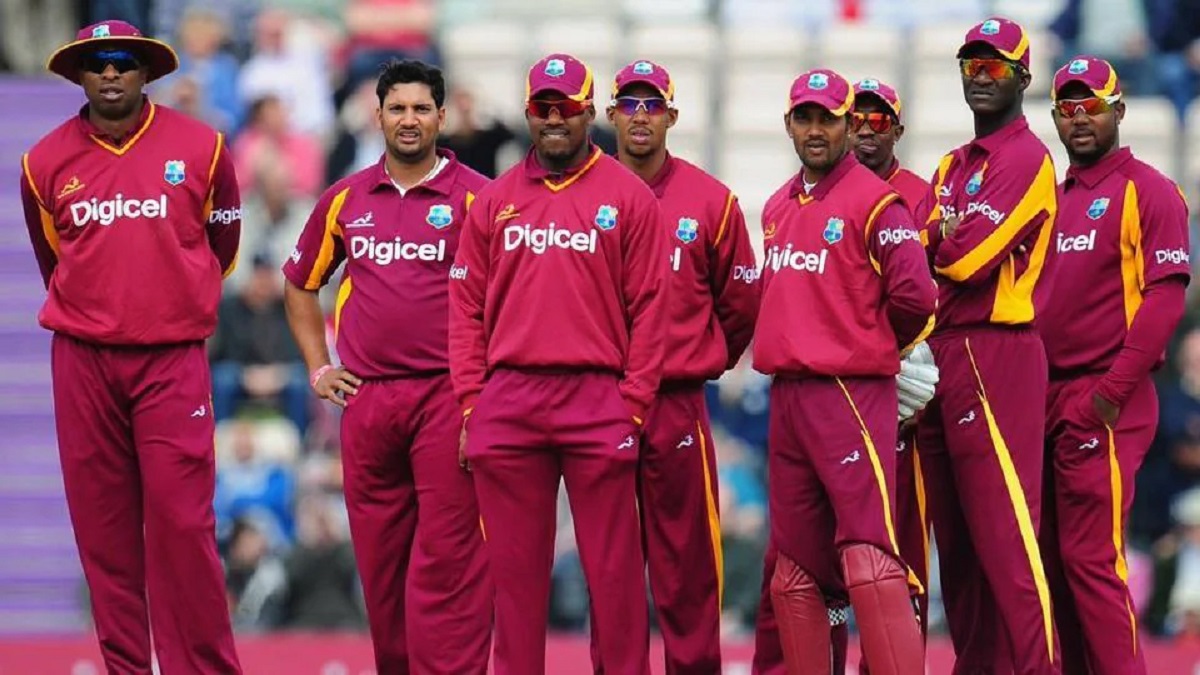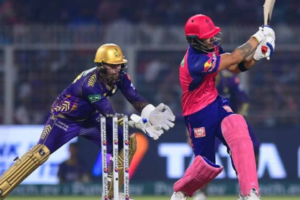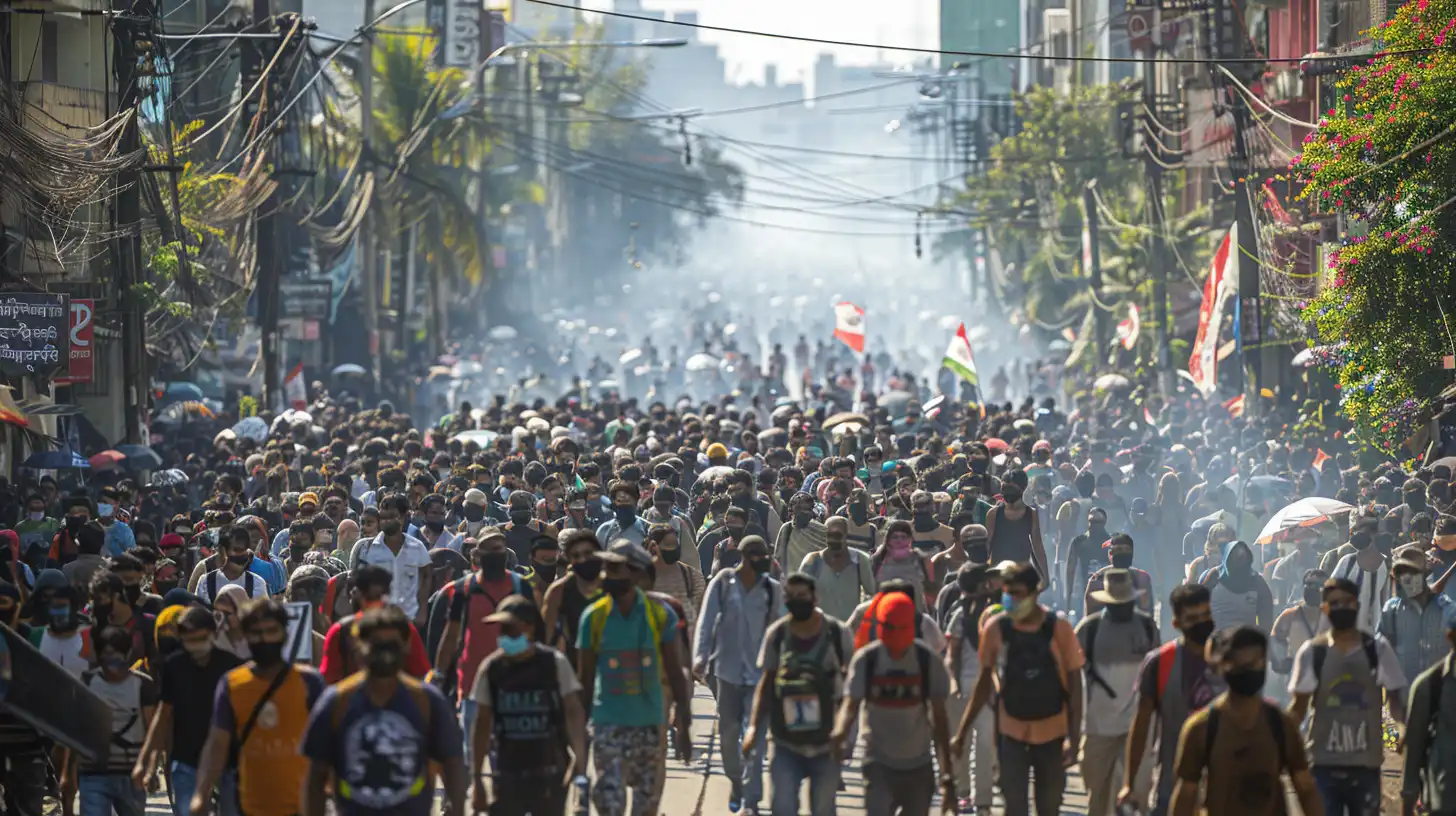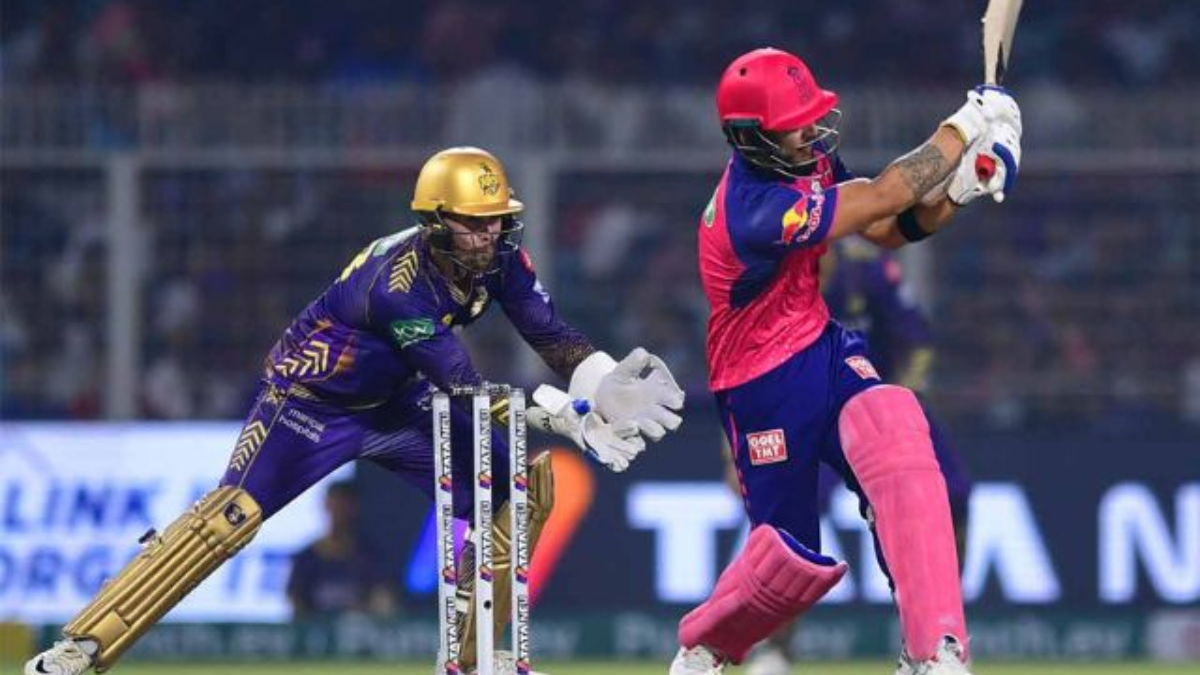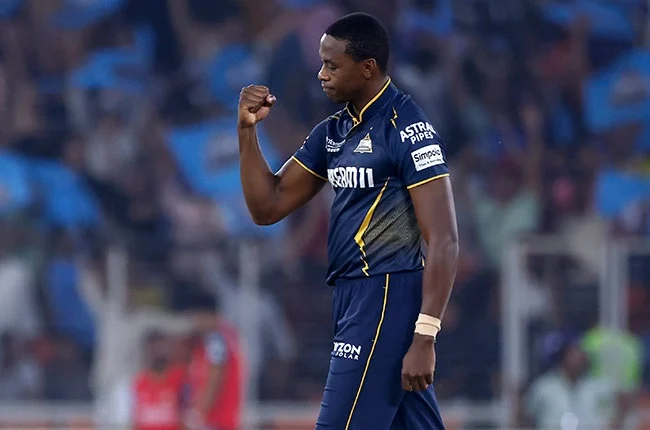In a nation where cricket is more than just a sport, the upcoming Women’s T20 World Cup has become the focal point of intense political drama. Bangladesh, set to host the 10-team tournament in Dhaka and Sylhet from October 3 to 20, now faces significant challenges that threaten to strip the country of this prestigious event. The situation, marked by unrest and political violence, has forced the government to seek assistance from the United Nations (UN) in an effort to retain hosting rights. This crisis unfolds against a backdrop of international travel restrictions and domestic instability, putting the future of the tournament in jeopardy.
Bangladesh’s Plea to the United Nations
The Role of the Interim Government
The Bangladeshi government, led by the interim administration, is scrambling to secure the hosting rights for the Women’s T20 World Cup. Asif Mahmud, the youth and sports adviser, has been vocal about the government’s intention to engage the UN. The core issue at hand is the travel restrictions imposed by several countries, including Australia, the UK, India, and New Zealand, advising against or discouraging travel to Bangladesh due to the escalating violence and unrest.
Mahmud emphasized the critical role of the UN in lifting these restrictions, acknowledging that cricket boards alone lack the influence to overturn government advisories. The involvement of the UN is seen as a last-ditch effort to ensure that the tournament can proceed as planned.
The ICC’s Stance: Monitoring the Situation
Potential Relocation of the Tournament
The International Cricket Council (ICC) has taken a cautious approach, closely monitoring the situation in Bangladesh. The uncertainty surrounding the country’s political stability has raised concerns about the safety of the players, officials, and fans. The ICC has communicated with the participating boards, informing them that all options, including relocating the tournament, are on the table if the situation does not improve.
This stance has only added to the pressure on the Bangladeshi government to resolve the crisis swiftly. The potential relocation of the tournament would be a significant blow to Bangladesh’s reputation as a cricketing nation and could have long-term implications for the sport in the country.
Internal Turmoil within the Bangladesh Cricket Board (BCB)
Missing Leadership Amidst the Crisis
As if the external challenges were not enough, the Bangladesh Cricket Board (BCB) is grappling with a leadership crisis. Nazmul Hassan, the BCB president and a former sports minister, has been missing since the fall of the Awami League government on August 5. His absence has left a void in the BCB’s leadership, with several directors with political ties also unavailable.
This leadership vacuum has led to discussions about the formation of an interim committee to manage the BCB. However, Mahmud has expressed the need for the BCB to maintain its independence in decision-making, highlighting the delicate balance between governmental oversight and the autonomy of sports federations.
Calls for Reform: The Need for Structural Change in the BCB
Voices from the Cricket Community
The crisis has sparked widespread calls for reform within the BCB. Prominent figures in the cricket community, including former BCB general secretary Syed Ashraful Huq, have voiced their disappointment with the board’s performance. Huq, who played a pivotal role in securing ICC Full Membership for Bangladesh in 2000, has been particularly critical of the BCB’s lack of progress over the past two decades.
Huq’s criticism centers on the board’s failure to deliver on its promises of development. Despite having experienced officials, the BCB has struggled with planning and execution, leaving the country’s cricket infrastructure underdeveloped. The absence of a dedicated cricket ground owned by the BCB is a glaring example of these shortcomings.
Reforming the System
Mahmud has echoed these sentiments, emphasizing the need for systemic change within the BCB. Rather than focusing on changing individuals, he advocates for a transformation of the system itself to prevent corruption and ensure long-term stability. The current crisis, he argues, provides an opportunity to implement reforms that will strengthen the BCB and restore confidence in its leadership.
Conclusion: The Future of the Women’s T20 World Cup in Bangladesh
The fate of the Women’s T20 World Cup in Bangladesh hangs in the balance as the country navigates through a complex web of political instability, leadership crises, and international scrutiny. The government’s efforts to retain the hosting rights, coupled with the ICC’s cautious stance, underscore the high stakes involved. As the situation unfolds, the need for reform within the BCB becomes increasingly apparent, with the cricket community calling for changes that go beyond the immediate crisis.
Whether Bangladesh will emerge from this turmoil as a stronger cricketing nation or face setbacks that could hinder its progress for years to come remains to be seen. What is clear, however, is that the outcome of this crisis will have far-reaching implications for the future of cricket in Bangladesh.


